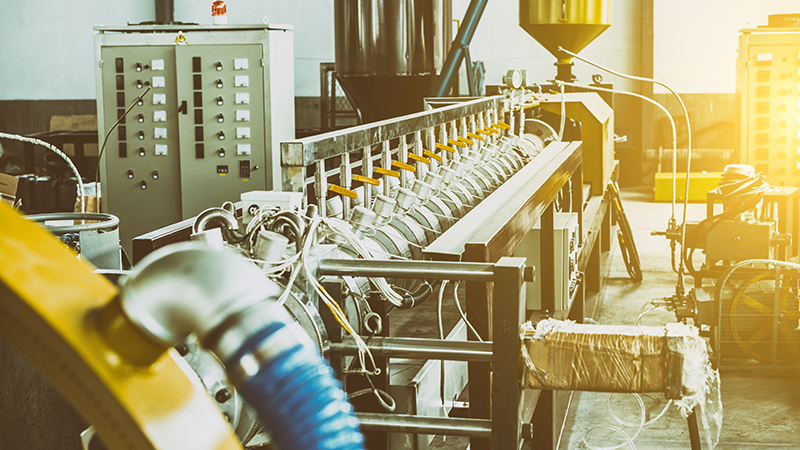
Industrial equipment forms the backbone of numerous businesses, enabling them to operate efficiently and meet production demands. However, acquiring brand-new industrial equipment can be a significant financial investment. Fortunately, there is an alternative that can help businesses save money without compromising on quality—buying second-hand industrial equipment. This article will guide you through the process of purchasing used industrial equipment, ensuring that you make informed decisions and secure the best value for your investment.
Identify Your Needs:
1. Before delving into the second-hand market, it's essential to assess your requirements thoroughly. Consider the specific type of industrial equipment you need, its desired capacity, specifications, and any additional features that might be necessary for your operations. Having a clear understanding of your needs will help you narrow down your search and make targeted inquiries.
Research and Market Evaluation:
2. Conduct extensive research to familiarize yourself with the market for used industrial equipment. Explore online platforms, auction websites, and local classified ads to get an idea of the available options, their prices, and prevailing market conditions. Compare prices, read customer reviews, and gather information about reputable sellers or vendors who specialize in second-hand equipment.
Verify the Seller's Reputation:
3. When buying used industrial equipment, it is crucial to ensure that you are dealing with a reputable seller. Check their reputation by examining their online presence, customer feedback, and reviews. Look for any indications of reliability, customer satisfaction, and transparent business practices. Trustworthy sellers will provide detailed information about the equipment's condition, maintenance history, and any necessary certifications.
Inspect the Equipment:
4. Always insist on inspecting the equipment in person before finalizing any purchase. Schedule a visit to the seller's location or arrange for a third-party inspection if necessary. Physically examine the equipment to assess its condition, check for any visible damage or wear, and evaluate the overall maintenance. Verify that all necessary components are present and functioning correctly. Don't hesitate to ask the seller for additional details or clarification.
Request Maintenance Records and Certifications:
5. To ensure the reliability and longevity of the used equipment, request maintenance records and any relevant certifications, such as safety inspections or quality standards compliance. A well-maintained machine with a documented service history is more likely to perform optimally and have a longer lifespan. Additionally, certifications provide assurance that the equipment meets necessary safety and regulatory standards.
Consider the Total Cost of Ownership:
6. When purchasing second-hand industrial equipment, it's vital to consider the total cost of ownership. This includes not only the initial purchase price but also ongoing expenses such as maintenance, repairs, and potential downtime. Evaluate the equipment's expected lifespan, availability of spare parts, and the reputation of the manufacturer for providing support and after-sales service.
Negotiate and Secure a Warranty:
7. Don't be afraid to negotiate the price with the seller, especially if there are any identified issues during the inspection or if the equipment requires additional refurbishment. Aim to strike a fair deal that reflects the equipment's condition and market value. Additionally, try to secure a warranty or guarantee from the seller to protect yourself against unforeseen defects or failures shortly after purchase.
Arrange for Transportation and Installation:
8. Once you have finalized the purchase, make suitable arrangements for transportation and installation of the equipment. Ensure that you have the necessary infrastructure, expertise, and resources to safely transport and set up the machinery at your facility. If required, consult professionals who specialize in equipment installation to ensure a smooth and efficient process.






